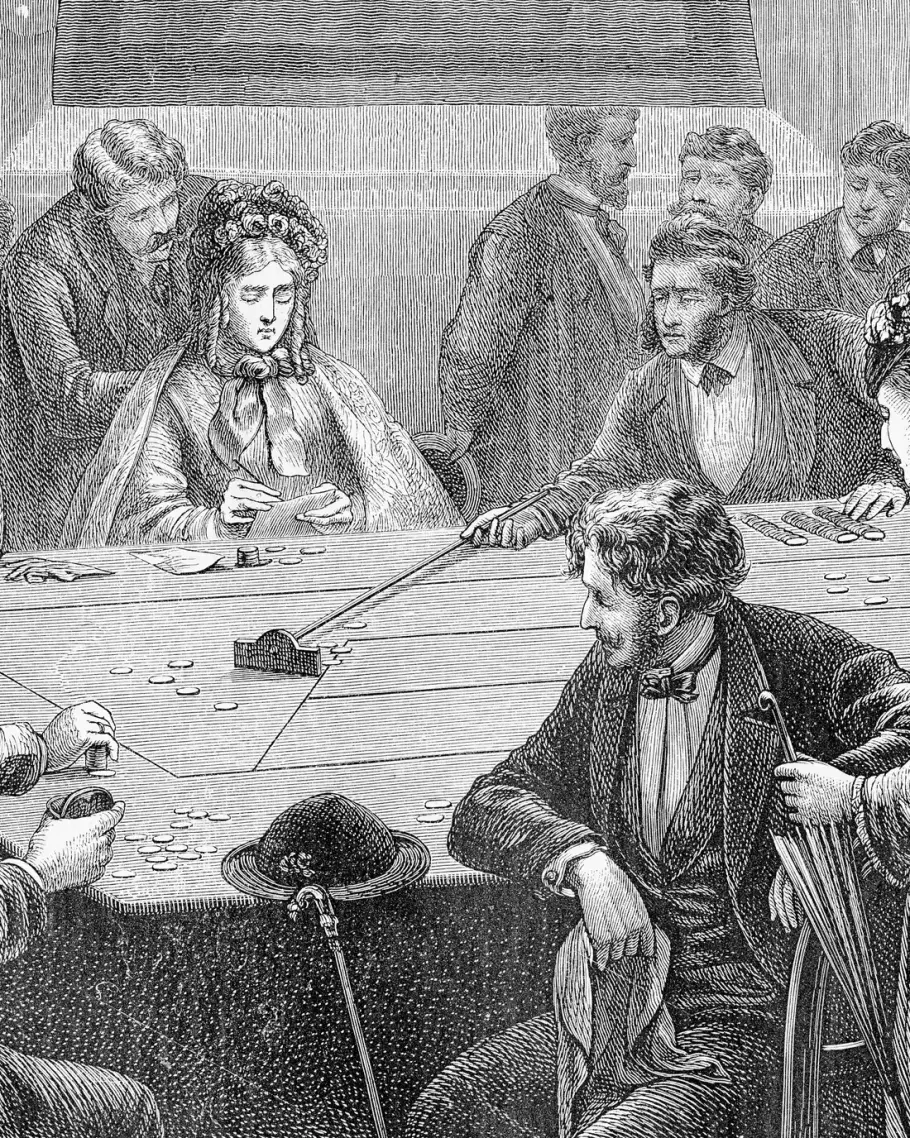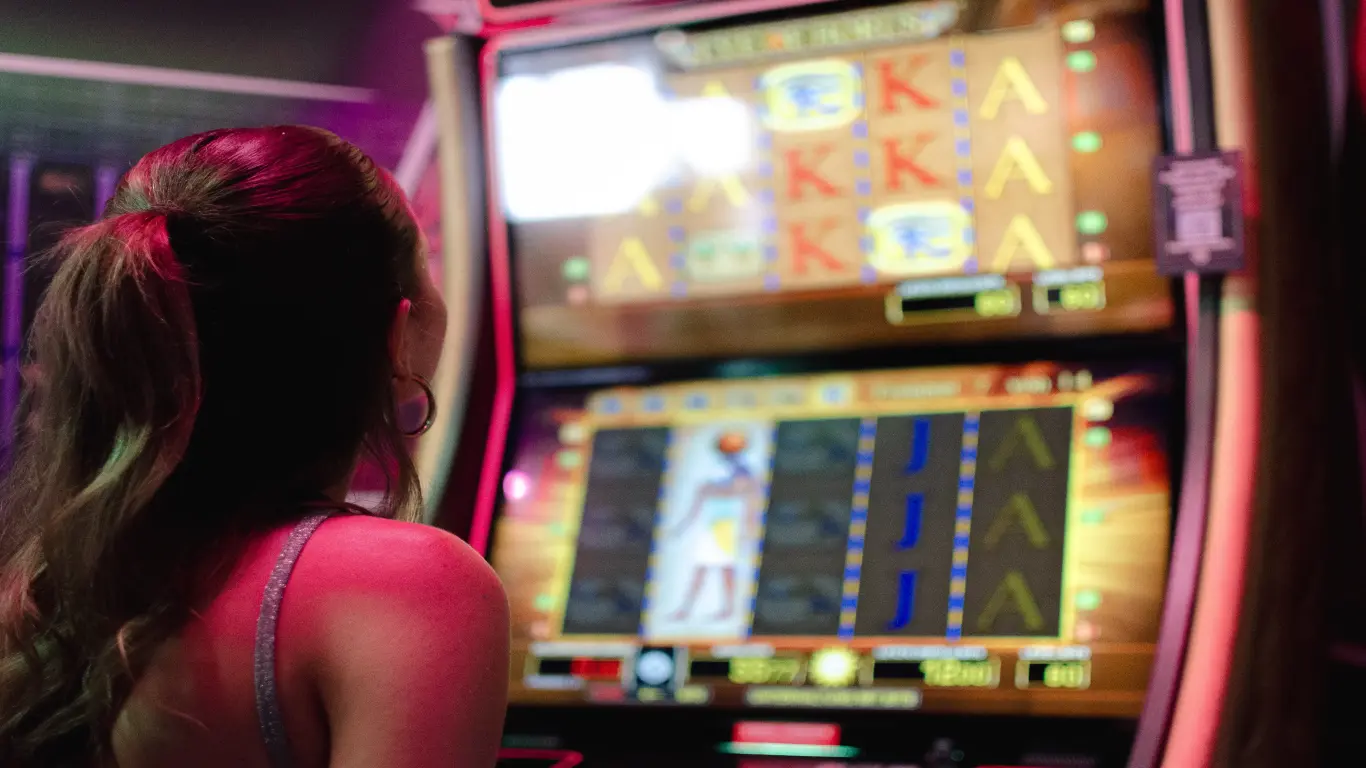
How did gambling originate?
That people want to play is no secret – it is true today and has been for a very long time. Learn here all about the beginnings of gambling.
From the beginnings through ancient Rome to today
The history of gambling goes back so far that it is impossible to say exactly when the first games of chance were played.
The beginnings may date back as far as 3,000 BC: at that time, it was probably a type of dice game made from ivory. Evidence of this has been found in ancient China and Mesopotamia.
In Roman antiquity, dice games spread across all social classes – even though they were forbidden and sometimes carried very harsh penalties. Those caught could, for example, risk losing their house. Only during Saturnalia, a festival in honour of Saturn, the god of sowing, was dice playing officially permitted.
Casinos conquer Europe
In the 16th century, lottery games found their way to Europe and quickly gained popularity. Unlike other forms of gambling, lotteries were viewed less critically and were even accepted by the Church. One example is a lottery personally introduced in Rome in 1735 by Pope Clement XII.
17th century – The era of classic games
In the 17th century, classic games gained momentum. The origins of poker are traced back to this century, and around the same time the game of roulette was developed by the Frenchman Blaise Pascal.
Also in the 17th century, the first casinos were established in Italy. The oldest known casino is said to have opened its doors in 1638 in the Palazzo Vendramin-Calergi in Venice. From there, casinos gradually spread across Europe. Germany’s first casino was founded in 1720 in Bad Ems . Today, MERKUR holds a 33% stake in this historic casino, which was declared a UNESCO World Heritage Site in 2021.
In 1824, a gambling house was also opened in Aachen. To this day, there is a casino in the city – the MERKUR Casino is located in the Tivoli, one of Germany’s most famous football stadiums.
First scientific studies
During the 17th century, gambling became so popular that it was studied scientifically for the first time. In 1654, Blaise Pascal and Pierre de Fermat laid the foundations of probability theory with their considerations. Before them, other mathematicians such as Galileo Galilei, Luca Pacioli and Geronimo Cardano had already dealt with gambling.
The first gambling machine
The first known mechanical gambling machine was invented in America in the 19th century: German emigrant Charles August Frey launched the Liberty Bell in 1895.
Even in the Liberty Bell, the classic reels were already built in, with lucky symbols such as bells bringing the jackpot. Both features are still found in slot machines today and have become indispensable.
Modern slot machines and the path to the internet
Over the years, the entire range of gambling has continuously evolved: manufacturers focused on a wide selection of innovations, new game variations and symbols, as well as modern slot machines.
Over time, the classic reels in slot machines were replaced by displays. What remained unchanged, however, were the lucky symbols such as bells, clovers, letters or the number seven, which are still unmistakable today.
Image credit: iStock / Luisa Vallon Fumi / Baiaz








